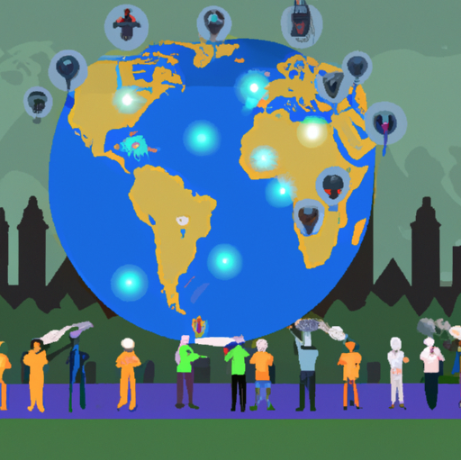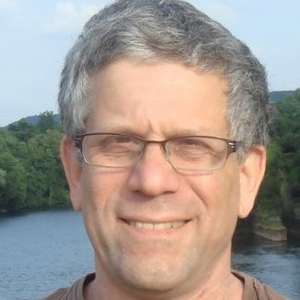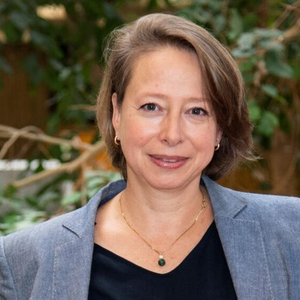Professor of Geographical Information Science
University College London
Prof. Haklay has been working on environment and society issues since 1992, when the Rio Earth Summit inspired life-long research on environmental information, geospatial technology, and participatory approaches. Prof Haklay’s extensive research and publications (with over 19,000 citations according to Google Scholar) are covering a wide range of issues relating to the nature, production, and use of environmental information. Prof Haklay has been studying systems approaches for environmental management, and in particular the area of citizen science, an area in which he is considered one of the leading global experts. Prof Haklay research was funded through interdisciplinary funding sources such as the UK Engineering and Physical Science Research Council (EPSRC) “Challenging Engineering” programme, and a European Research Council (ERC) Advanced Grant. In addition, he co-led a range of interdisciplinary catalysis efforts, such as ''Bridging the Gaps'' at UCL, which accelerated collaboration around sustainability2, or the UCL Grand Challenges programme3. He has been on the ERC panels, and in 2023 selected as the chair of the SH7, and evaluator of Green Deal proposals in the Horizon Europe programme. He is a professor at UCL and a team leader at the Learning Planet Institute (formerly the Centre for Research and Interdisciplinarity) in Paris.



